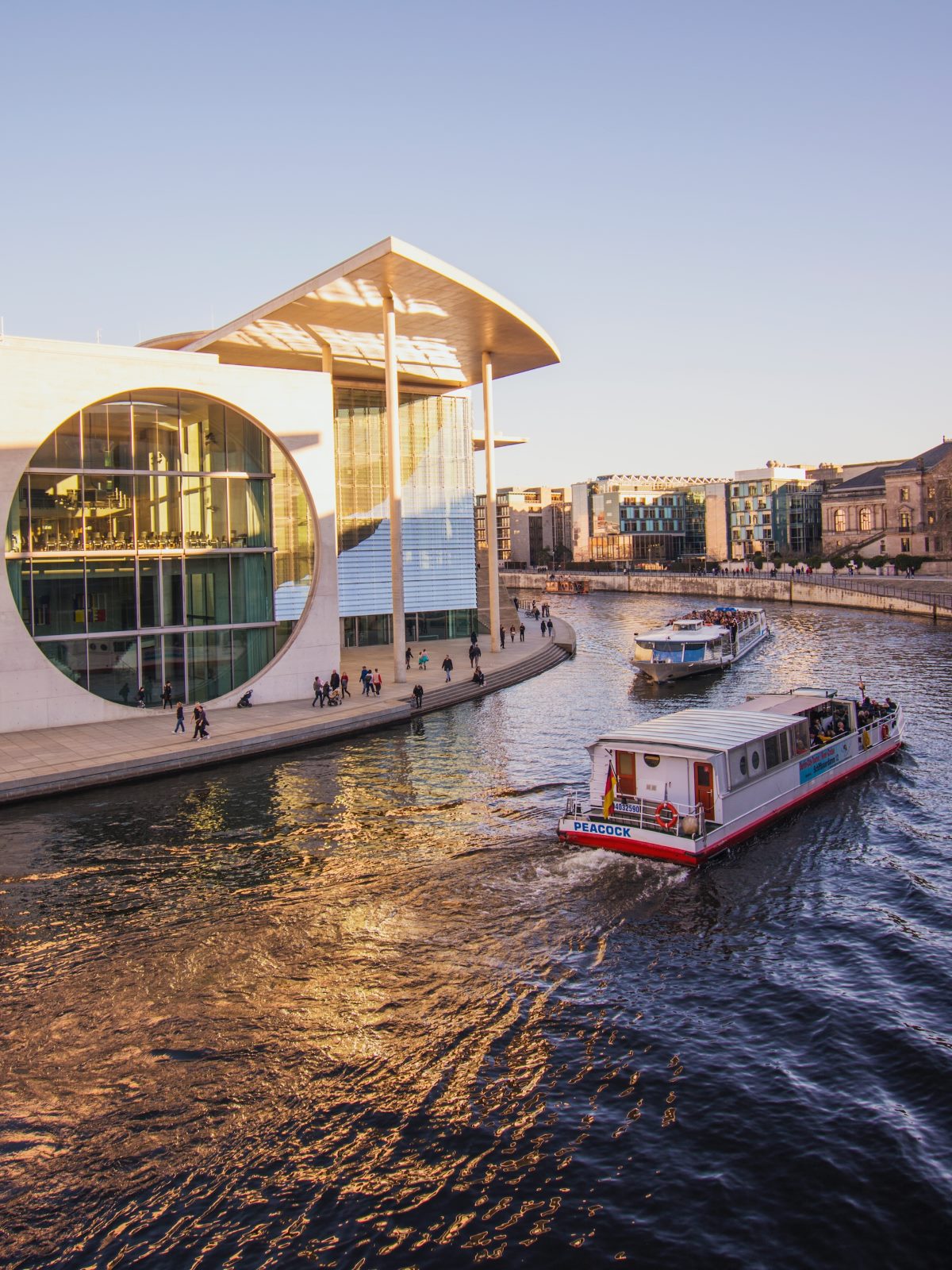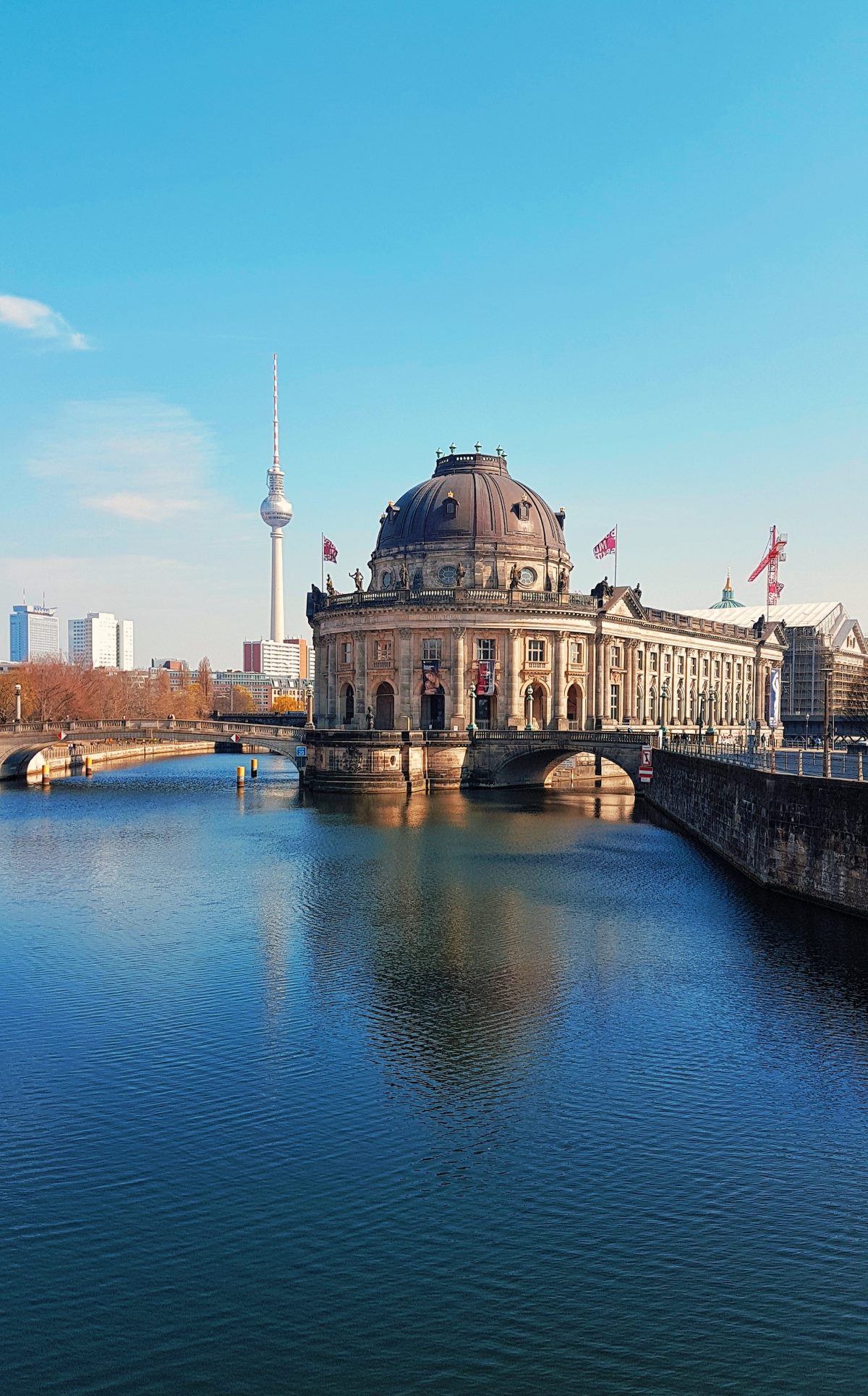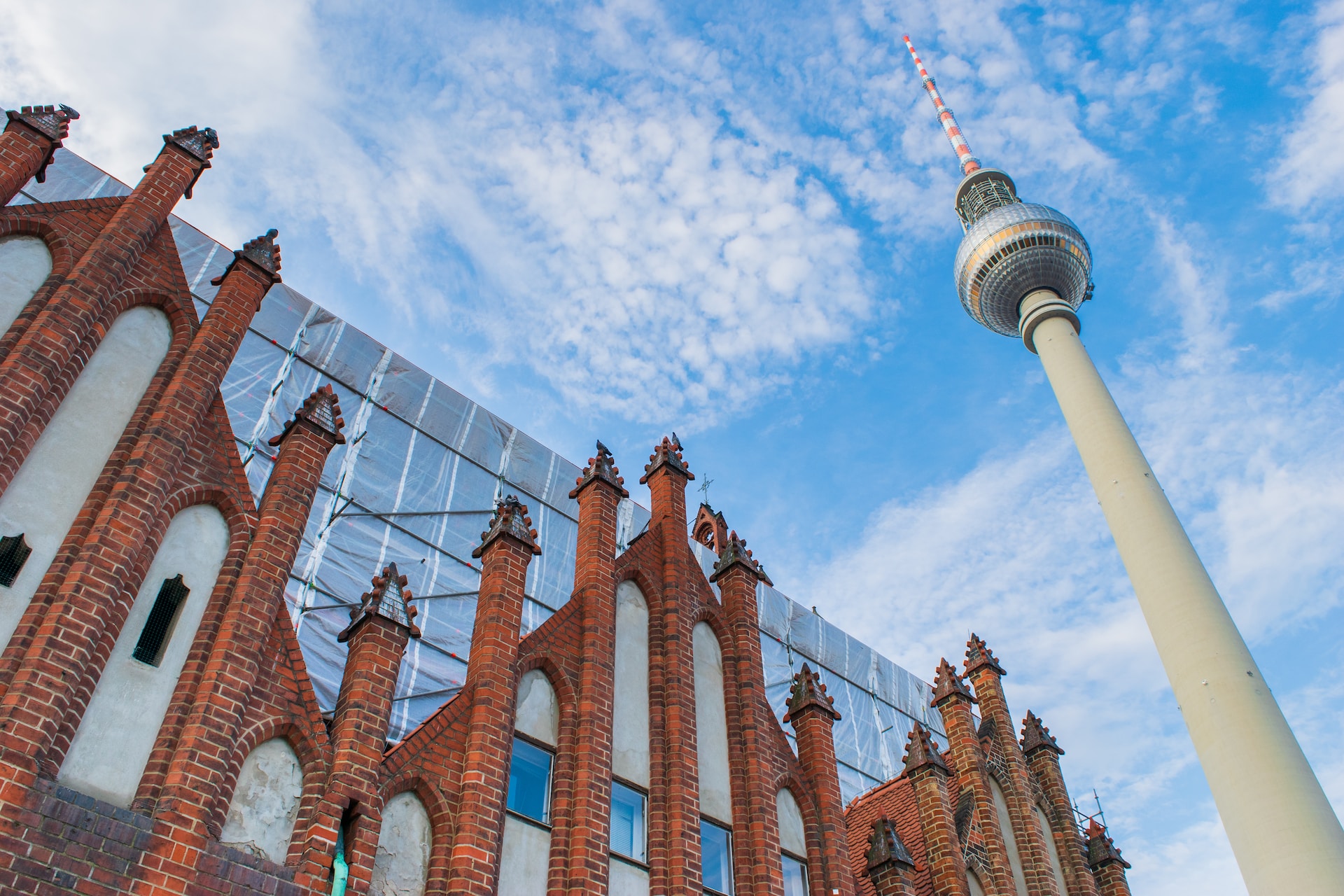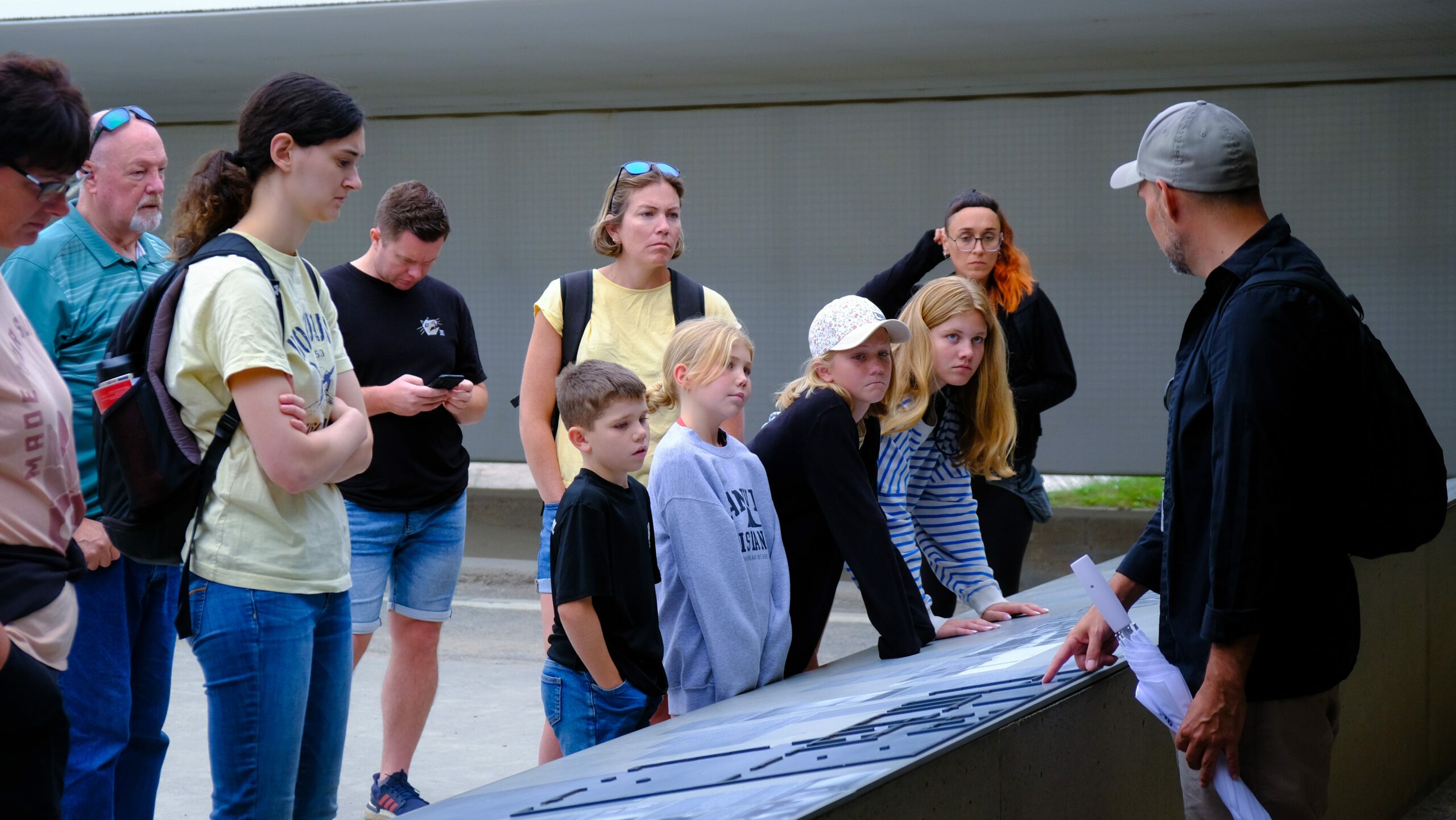The construction of the Berlin Wall in 1961 created major effects for both East and West Germany and western international parties. The physical divide of Berlin by the Wall symbolized the deep political differences which existed between Eastern and Western ideologies. This post examines Western perceptions concerning the Berlin Wall together with the different responses generated by both political figures and civilian citizens as well as media outlets.
The Initial Shock and Outrage
News about the Berlin Wall construction triggered Western publics into feeling astonished disbelief combined with strong anger. Many people throughout the world along with Germans reacted with disbelief when Berlin suddenly split into two parts. Western heads of state such as U.S. President John F. Kennedy joined to criticize East Germany while endorsing German unification.
The Berlin Wall turned into a prominent sign of the worldwide Cold War split which existed between capitalist and communist ideologies. The wall violated human rights as it sealed off freedom of movement for the people living in Berlin. Countries in the West regarded it as open resistance that proved communism was oppressive and prevented the realization of democratic ideals and freedom.
Political and Diplomatic Responses
Western political leaders and diplomats took different diplomatic and political measures to handle the conditions that emerged post Berlin Wall construction. The United States together with NATO members boosted their military forces in West Germany to prove their unity while preventing East Block interference.
The Western powers concurrently understood that diplomatic approaches had to emerge to reduce tensions between East and West while working toward peaceful settlements. Leaders in the West used diplomatic processes to negotiate with Soviet officials as well as East Germany for lowering tensions. The negotiations worked to protect Western citizens staying in East Berlin and they set up ways for families to connect across the city’s split area.
The general population in East Berlin received all necessary support during this period
Through the construction of the Berlin Wall the city gained a physical split that also led to severing the connections between family members and friends. Residents across Western cities displayed sympathy toward East Berlin citizens after the Wall divided them from their West Berlin relations. The division caused many aid organizations along with charity foundations to emerge and provide assistance to the affected population.
Western civilian movements formed a movement known as “Solidarity” to defend the rights and freedom of East Berlin people. These peaceful protests worked to generate public understanding while applying political stress on the East German authorities to eliminate limitations implemented through the Wall.
Media Coverage and Cultural Impact
Throughout the existence of the Berlin Wall the media became essential in delivering detailed information about the German political division alongside shaping public Western perspectives. The media reported extensively about Wall-related incidents as they broadcasted stories connecting to escapes and human rights violations while showing impacts on separated people.
Several artistic productions emerged in Western societies thanks to the cultural influence of The Wall. The artists Pink Floyd and David Bowie inserted images and themes from the Berlin Wall into their songs to boost public awareness about human consequences that the partition created on individuals and society.
The Fall of the Berlin Wall
When the Berlin Wall fell during 1989 the Western world experienced joint happiness and peace of mind simultaneously. The German reunification emerged as a democratic triumph which demonstrated that peaceful revolution enables transformative change. The Wall’s collapse during 1989 signaled both the conclusion of Cold War times and it brought fresh opportunities for worldwide cooperative ventures.
The West strongly reacted during the period when Germany built the Berlin Wall. People in the West interpreted the wall as an oppressive tool that restricted their freedom. During the construction of the Berlin Wall Western leaders along with civilians and media institutions reacted with fury through political and diplomatic measures and cultural responses to handle the situation. The Wall’s downfall prompted both relief and expectation that people would experience a unified more peaceful international community.
Table of Contents




